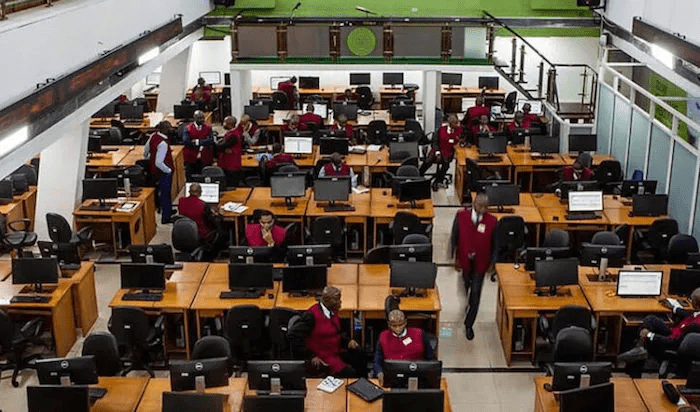Juliet Akoje in Abuja
Speaker of the House of Representatives, Hon. Abbas Tajudeen, yesterday, announced that the House of Representatives was contemplating constitutional amendments to allocate 10 per cent of elective positions in the National Assembly to women and five per cent to individuals with disabilities.
Abbas said if the proposal was approved and signed into law, it would result in the creation of 82 additional seats, 55 in the House of Representatives and 28 in the Senate for women.
During the second edition of House’s Legislative Open Week, Abbas explained that the newly created reserved seats would offer equal rights, privileges, and access to committee work, ensuring that the representatives were fully integrated into legislative activities.
In discussing the broader constitutional amendment process, Abbas revealed that 109 bills were currently under consideration, addressing reforms in electoral, judicial, legislative, and inclusive governance sectors.
He stated, “Among the 12 electoral reform bills are provisions for holding all general election on the same day, allowing independent candidates, and forming a new commission dedicated to local government elections. Meanwhile, 21 judicial reform bills aim to simplify the appeals process and bolster judicial autonomy.”
He emphasised that the heart of the inclusive governance agenda was the establishment of constitutionally mandated reserved seats for both women and persons with disabilities.
According to the proposal, 10 per cent of Senate and House seats would be set aside for women, distributed evenly across states to ensure geographic balance. These seats would be contested via direct elections on separate ballots, with staggered terms to foster continuity and mentorship.
“For persons with disabilities, five per cent of the seats would be allocated, and candidates would be nominated by certified disability advocacy organisations,” he said.
Abbas, while citing historical statistics to underscore the need for such reforms, said, “At independence in 1960, women held fewer than one per cent of National Assembly seats. By 1990, this number had only reached two per cent. With the return to democratic rule in 1999, women’s representation increased marginally to 3.9 per cent in the House and four per cent in the Senate.
“Despite making up half the population, women’s representation has not seen meaningful improvement since then.”
He also pointed to international examples where quotas dramatically improved female participation in governance.


